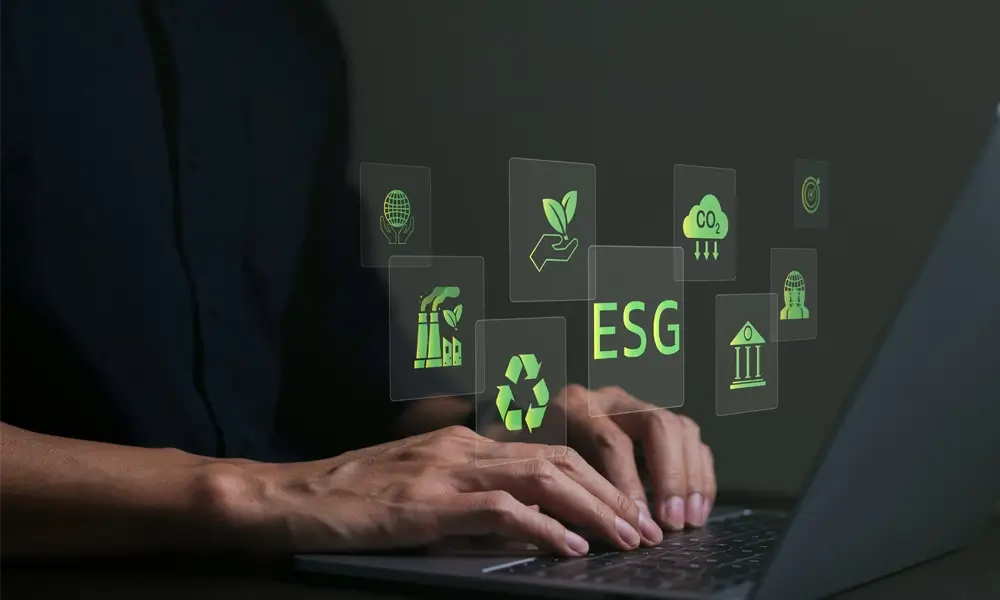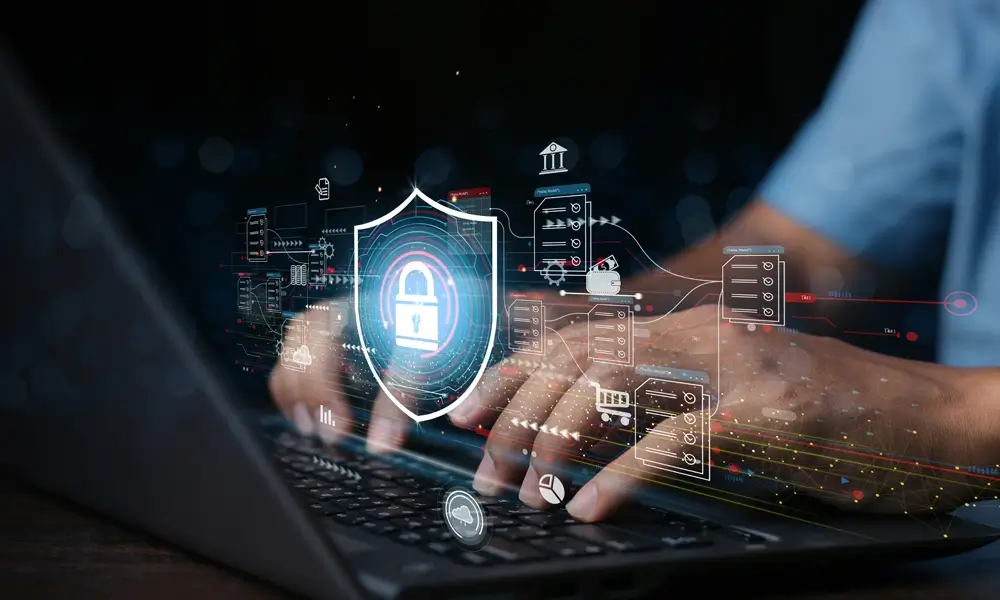Since the beginning of the COVID-19 pandemic, in which the way of working changed worldwide, mainly bringing the hybrid modality, many companies are still developing the new work environment, evaluating acquired technology and trying to find ways to expand infrastructure capacity. This concentrates the focus of IT departments and presents the challenge of reviewing all technological support for the business.
A recent survey conducted by FindUp, a company specialized in Field Service and IT support in general, concluded that, in 252 Brazilian companies specifically, the search for maintenance of equipment such as computers, notebooks and operating infrastructure increased by 142% since 2020. The banking sector led the ranking of the sectors that most sought this type of service, followed by the retail sector. But the third place went to the technology area.
One of the biggest concerns of IT teams is to provide continuous support for hybrid work, together with a collaborative platform equipped with protection tools, seeking agility and adaptation to the constantly changing market. Research points to a greater focus on security management and improvements in system operations and performance. The objective is generally to ensure that all employees of a company have equal access and experience with the tools, regardless of where they work.
The trends are one of increased physical device repairs, efforts to modernize infrastructure, greater security management, and constant innovation. While in 2020, the year of the beginning of the pandemic, IT was focused on surviving in the midst of the pressure of remote work, after reformulating strategies to accommodate the new model, 2022 advanced with flexible strategies and workplace policies. The same survey mentioned above found that in the last two years 60% of the calls provided by technology professionals to banks began to be carried out remotely.
Many leaders already see the benefits of remote work in terms of experience and productivity, and that is why they increased their IT budget to modernize and protect it, since security has also become a major concern, especially with the main risks such as attacks of Ransomware, insider threats, API/software violations, and vulnerabilities, phishing and cloud-related attacks. This is proven by other recent research from F-Secure, which shows security and privacy as the main concerns of remote employees. According to the data, answered by more than seven thousand workers worldwide, 67% of whom work remotely, are concerned about online security and privacy. While only 58% of internal employees reported their concerns.
When adapting IT infrastructure for hybrid work, some solutions may no longer meet the company's needs, so it's important to consolidate costs by identifying solutions to replace current ones that are consuming a disproportionate amount of time and unnecessary budget from the IT department. For example, many employees need access to documents, structured data, Frameworks accessed and created by others and tools that allow them to collaborate from wherever they are. In this sense, digital tools and automated processes will work better. In addition, by creating a hybrid culture in the company, other partner departments, such as HR, finance, and legal, can share best practices.
It is very important that in the hybrid work model, collaboration between IT teams and other lines of business be strengthened, to invest in digital collaboration tools, including cloud-based training materials, for example with HR. Or ensuring efforts to monitor employee productivity, in partnership with the law and compliance with company policies and procedures.
As with any change of this magnitude, normalizing hybrid work requires a continuous commitment and a great willingness to face the challenges that arise throughout the process, making the IT sectors at a time of great evidence. According to research from Gartner Peer Insights, along with cybersecurity and digital empowerment, hybrid work will be one of the top priorities of leaders in 2023.
To check out the full survey, click below:
2022 CIO Priorities | CIO Dive
Contact Taticca Allinial Global Brazil, which provides integrated auditing, internal auditing, accounting, tax, corporate finance, financial advisory, risk advisory, technology, business consulting and training services, for more information, through the website www.taticca.com.br or e-mail taticca@taticca.com.br and learn more.





